The Science of Human Neurogenetics
Introduction
Human neurogenetics is the field of science that explores the relationship between the genetic makeup of an individual and the structure and function of their nervous system. This discipline combines principles from both neuroscience and genetics to understand how genetic variations influence the development and function of the brain and the nervous system, and how these variations can lead to neurological disorders.
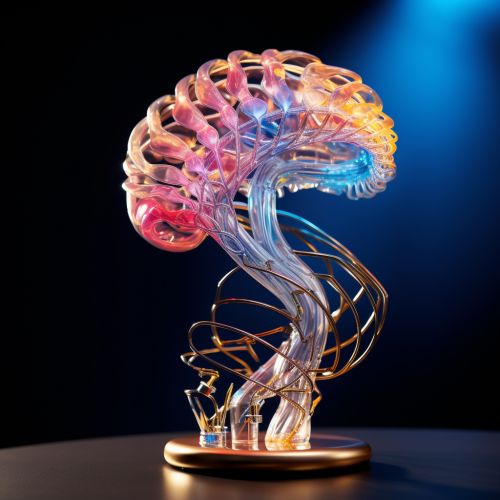
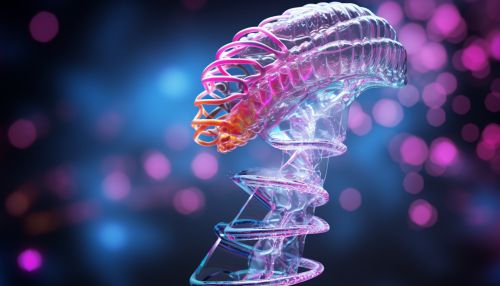
Genetics and the Nervous System
The nervous system, which includes the brain, spinal cord, and peripheral nerves, is a complex network of cells known as neurons. These neurons communicate with each other via electrical and chemical signals, allowing us to think, feel, and interact with our environment. The development and function of these neurons are largely determined by our genes. Genes are segments of DNA that carry the instructions for making proteins, the building blocks of cells.
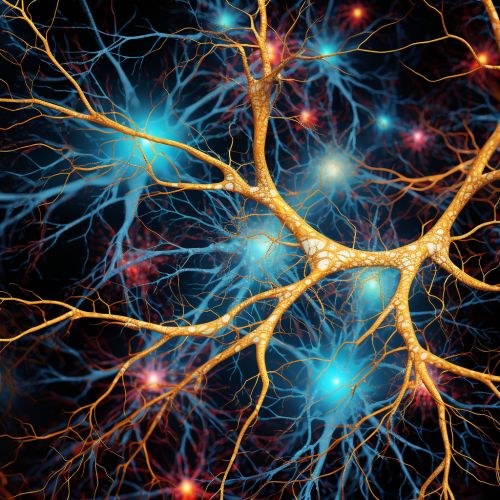
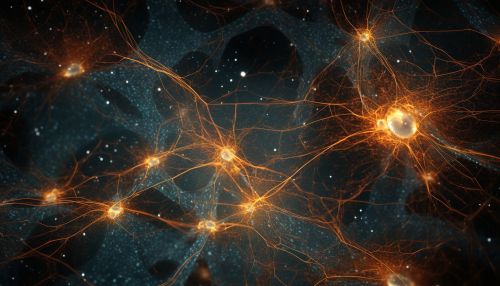
Neurogenetic Disorders
Neurogenetic disorders are diseases that are caused by abnormalities in the genes that affect the nervous system. These disorders can be inherited from parents or can occur spontaneously due to mutations in the genes. Some examples of neurogenetic disorders include Huntington's disease, Parkinson's disease, and Alzheimer's disease.


Genetic Testing in Neurogenetics
Genetic testing is a key tool in neurogenetics. It involves analyzing a person's DNA to look for genetic variations that may cause or increase the risk of neurological disorders. Genetic testing can help in diagnosing diseases, predicting their onset, and guiding treatment strategies.
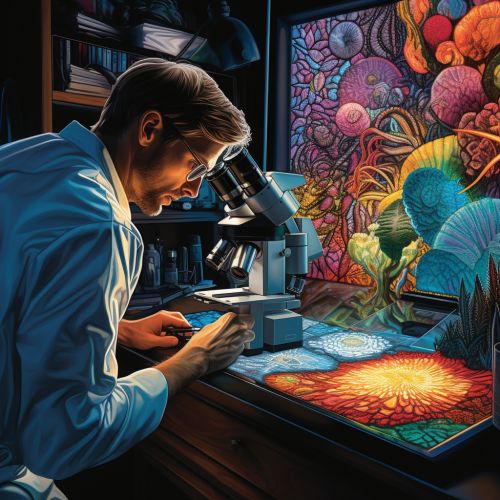

Future of Neurogenetics
The future of neurogenetics holds promise for the development of new diagnostic tools and treatments for neurological disorders. With advancements in technology and our understanding of the human genome, scientists are now able to study the genetic basis of these disorders in greater detail. This could lead to the discovery of new genes associated with these disorders and the development of gene therapies to treat them.


